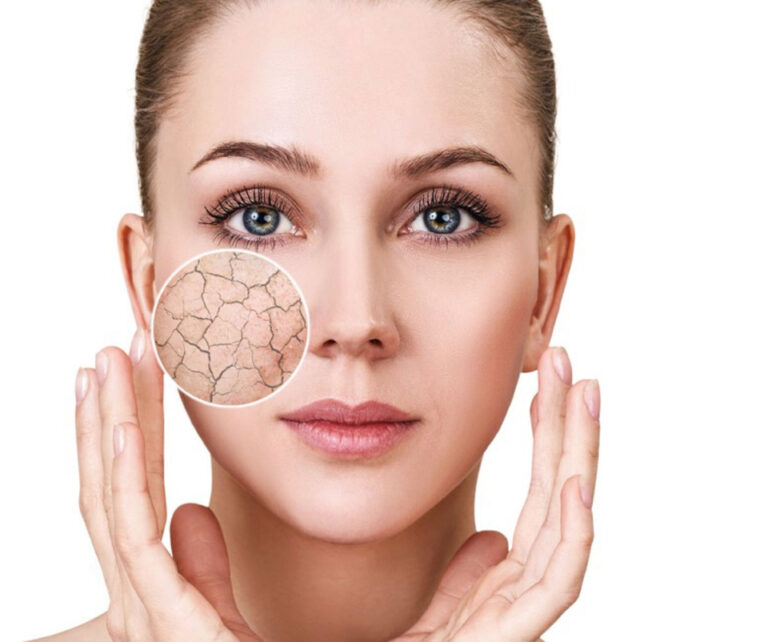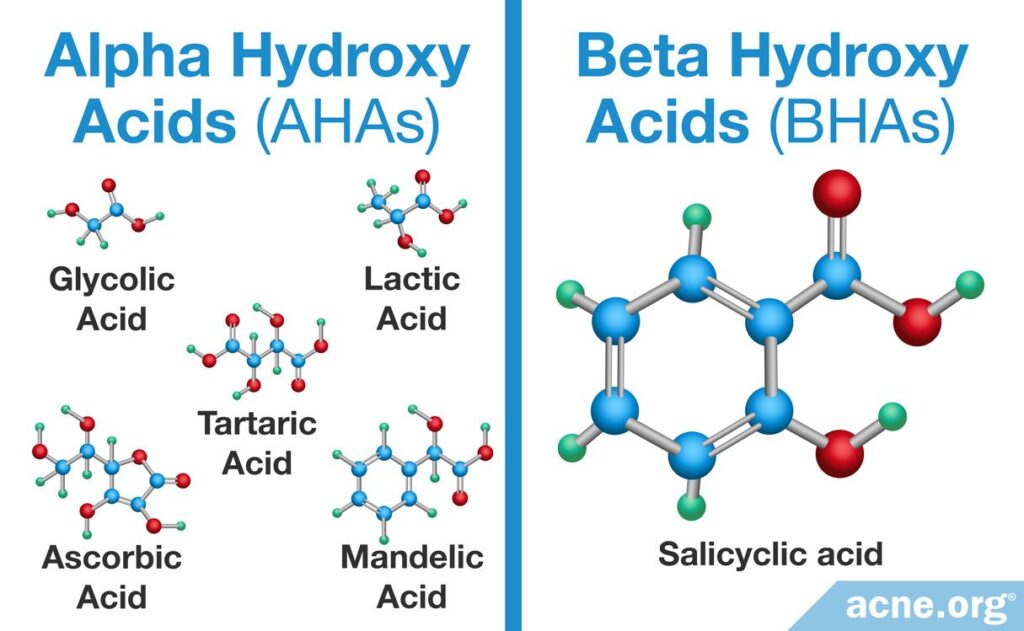
Best Natural Skin Care Ingredients : Dry Skin
Whether inherited or caused by your environment, dry skin can be tricky to treat. If you want to go the natural route, you should look for hydrating ingredients that can thoroughly replenish and moisturize it. As you probably know, hydrated, balanced skin is better able to protect itself against any outside irritants, wind, cold, dry heat, and so on. Here are our favorite skin-soothing natural ingredients for dry skin:
Fragrance-free plant oils & extracts: coconut oil, argan oil, evening primrose oil, sunflower seed oil, and cranberry seed oil.
All have antioxidant properties, so as they soothe and hydrate, they also work to defend skin against the environmental agents that can cause dry skin in the first place.
Plant butters: cocoa butter, shea butter, and jojoba butter.
Because they’re so naturally thick, these provide a heavy-duty dose of emollient benefits—meaning they soften & smooth your skin—and can help prevent moisture loss (a key component of fighting dry skin).

Aloe Vera
It works for the same reasons it’s used to treat sunburn: skin absorbs it quickly, and it immediately hydrates and helps to reduce redness and irritation. Mix the aloe with cream or milk and use the diluted one for the face , for body you can use directly or the mixed one , or as an addition to many moisturizers and moisturizing sprays.
Alpha Hydroxy Acids (AHAs)
Glycolic acid and lactic acid are both members of the AHA family. Glycolic is derived from sugar cane, while lactic acid is derived from milk. The acids allow dead skin cells to slough off, revealing newer skin beneath. But most importantly for dry skin, they also act as humectants, meaning they draw water from the environment into your skin.

Urea
This is another humectant—meaning it draws moisture from the air and binds it to your skin. Urea helps improve the appearance of patches of dry, rough, scaly skin in two ways: it hydrates to smooth texture, and it reduces the buildup of dead skin cells.
What to avoid:
Some so-called “essential oils” might sound as if they’re good for dry skin because they have “oil” in their name, but they can also contain fragrance components that might sensitize your skin. And as most people with dry skin know, aggravated skin just makes it worse.
Something to bear in mind: natural ingredients that have been scientifically proven to benefit dry skin are wonderful, but they can work even better when combined with synthetic ingredients. This ideal mixture from the natural and man-made worlds creates the finest textures and smoothest applications, bringing out the best in both.
